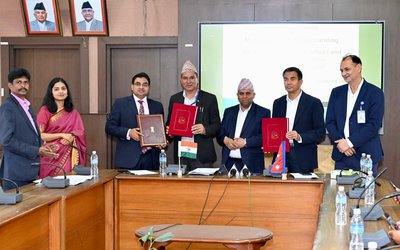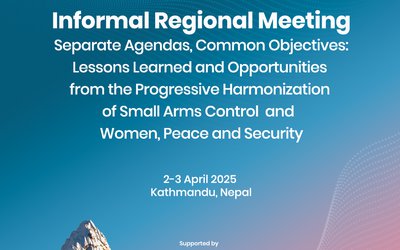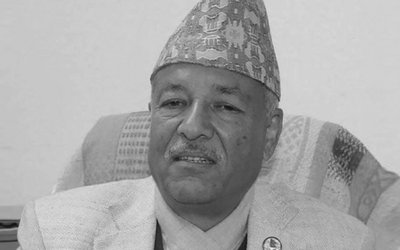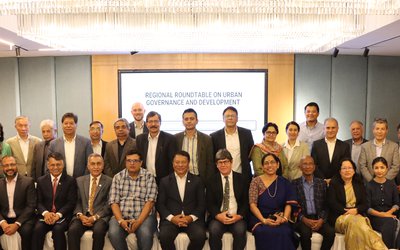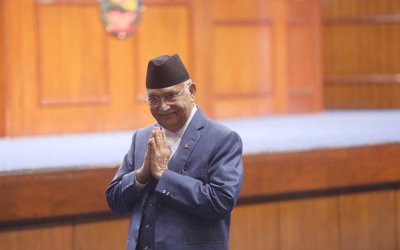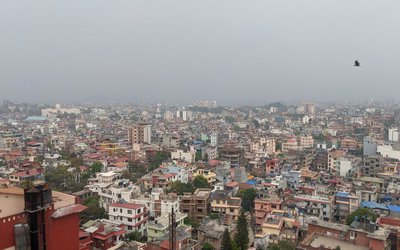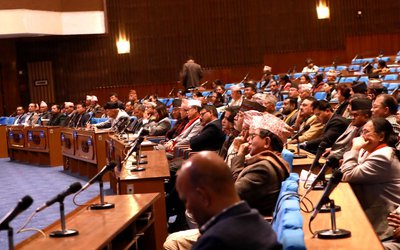
At a program organized by the Center for South Asian Studies (CSAS) in cooperation with the Regional-Program –SAARC, experts discussed the issue of sub-regional cooperation and trade facilitation in Nepal-India-Bangladesh axis.
Despite several efforts to increase sub-regional trade, the trade between Nepal-India-Bangladesh is still nominal. Due to lack of connectivity, the bilateral trade between sub-regional countries is yet to take off as desired.
"Sub-regional cooperation and trade will be a win-win for all the countries. Today's discussion may help policymakers to pursue the agenda of sub-regional connectivity as well," said Dr. Nishchal N. Pandey, director of the Centre for South Asian Studies.
Addressing the Adenauer Forum, Maj.Gen. (Retd) ANM Muniruzzaman, president of Bangladesh Institute of Peace and Security Studies, said that there is a high potential for sub-regional trade among Nepal, Bangladesh, India and Bhutan.
"As Nepal, Bhutan and Bangladesh do not share their borders, it depends upon India to help the sub-regional trade to materialize."
Professor. Nisha Taneja, fellow, Indian Council for Research on International Economic Relations, New Delhi, said the situation is gradually improving along with the change in the mindset of the high level officials.
Former secretary of Ministry of Commerce Purushottam Ojha said that there are many bottlenecks to move the sub-regional trade among Nepal-Bhutan and Bangladesh forward. Although Nepal has signed an agreement to use Phulbari road to trade with Bangladesh, it is economically unviable due to the many bureaucratic hassles involved," said Ojha.
Attended by high-level academicians, former foreign secretaries, ministers and experts, the half-day forum discussed various issues related to trade.
- IME GROUP: Expands Into Paper Industry
- Mar 24, 2025
- CPN UML: Instigated By India
- Mar 23, 2025
- ADB’S CHIEF ECONOMIST: Nepal Reduces Poverty
- Mar 11, 2025
- FM DR. DEUBA: A Successful Visit
- Mar 11, 2025
- MD GHISING: Target Of Personal Grudge
- Mar 09, 2025

